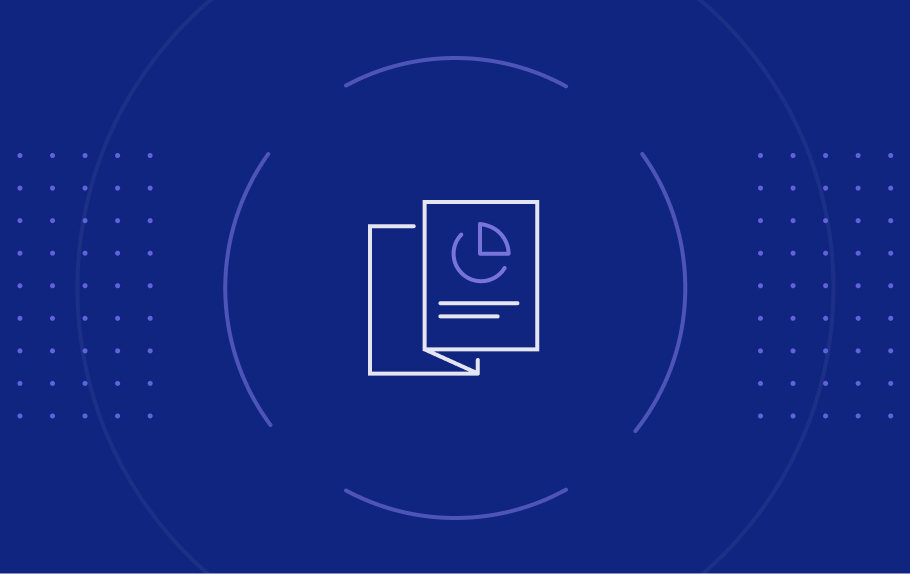Interos: Helping government supply chains run better
Discovering and managing uncertainty and optimizing your global supply chain is one of the biggest challenges facing government procurement officers today. We help government agencies and businesses discover and visualize their extended supplier ecosystems and understand the ripple effects that may impact their performance.
The supply chain risk management challenge
Whether your organization needs its supply chain risk management program to be compliant with the Federal Acquisition Supply Chain Security Act of 2018 (FASCA), the supply chain risk-related sections of the NDAA 2019, or you simply need to ensure operational consistency and mission readiness, Interos can help.
The ripple effects of global events can have serious ramifications on an organization’s access to critical materials, supply chain resilience, compliance, cyber security, and malicious acts due to the lack of transparency in our sub-tier supplier relationships. The growing volume and widening range of transactions in global supply chain networks beyond tier-1 has resulted in weakened global geographic barriers and amplified organizational and national security exposure to issues that were once considered distant threats.
The solution: Leveraging artificial intelligence
Interos, with AI technology, ingests over 85,000 dynamic and changing aggregated data sources and currently monitors the ripple effect of over 225 million events across more than 15 million suppliers for our customers every month. The data is run through our proprietary algorithms to provide up-to-date visualizations of your ecosystem, risk health scores for your suppliers, and insights tailored to each user and company.
Government procurement officers use Interos to:
- Uncover their extended supply-chain relationships
- Assess and monitor the risk of existing suppliers and their supply chains
- Provide Health Scores for each business
- Deliver 24×7 near-real-time continuous global monitoring

Why Interos?
- Over 15 years of supply chain risk management experience
- Commercially available, Day 1 capability
- Recently engaged by the F-35, several aerospace defense contractors, and financial institutions
- Supporting various public and private sector customers in market analysis, down selection, and continuous monitoring of global relationships and events
We identify:
- Mergers and Acquisitions
- Nefarious actors, blackmail, and undue influence threats
- Cyber breaches of technology or information
- Geo-political concerns
- Countries of origin/authenticity sources
- Competition and concentration of supplier base
- Financial risk/anti-money laundering
Interos in action
Interos is focused on providing valuable insight into our customers’ supplier ecosystems. For recent customers, we have identified:
- 73% of the tier-3 suppliers of an aerospace defense contractor are manufactured in China
- Multiple suppliers located in sensitive countries were included in the first 3 tiers of the contractor
- Visualizations focused on technology and access points
About Interos
Interos Inc. (Interos.ai), located in the Washington, D.C. area, delivers transparency, knowledge, and modeled outcomes so organizations can make smarter decisions about their global connections. Interos, with AI technology, visualizes relationships, computes supply chain health, and monitors ecosystem interactions to reveal opportunities and risks. Interos serves customers in finance, aerospace, CPG, food, manufacturing, retail, technology, and the government.
For more information, visit interos.ai.
Learn how Biden’s latest executive order sets the stage for Interos to help government agencies succeed
Download Federal Data Sheet
Download



